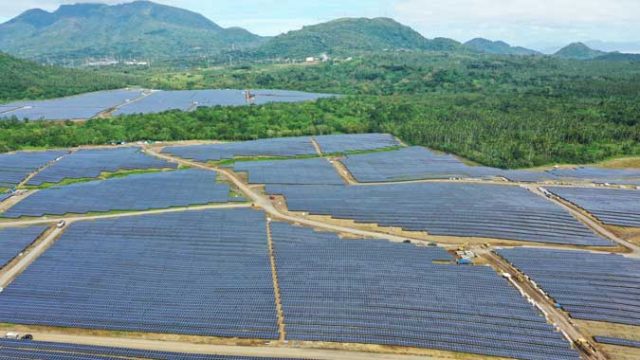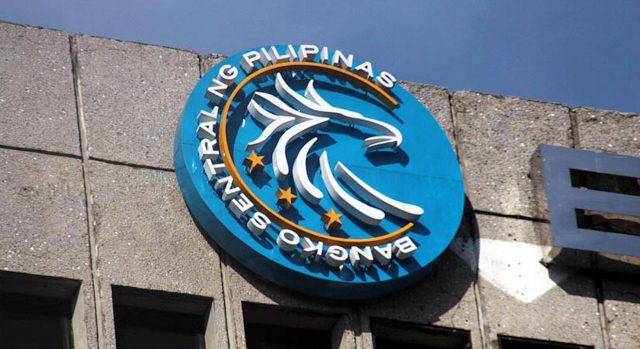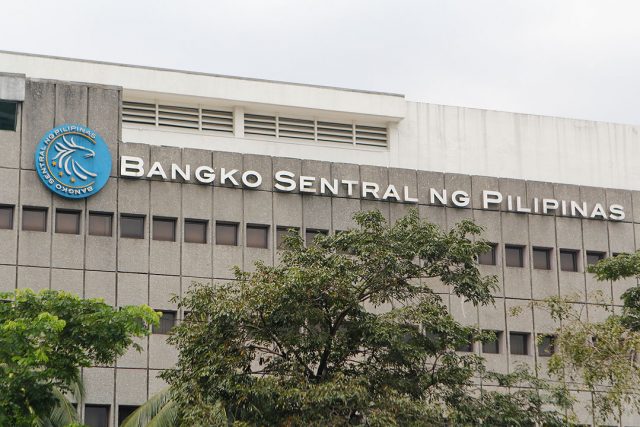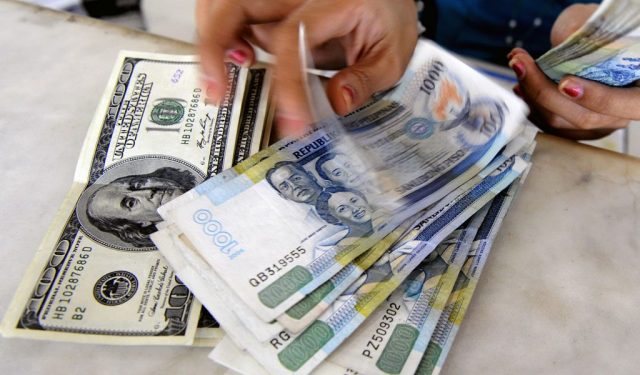Gokongwei-led URC sees net income jump 25% in Q3
Universal Robina Corp. (URC) reported a P2.47 billion net income attributable in the third quarter this year, up by 25% from a year ago as sales inched up nearly three percent.
In a regulatory filing, the Gokongwei-led consumer food company reported P27.92 billion in revenues in the quarter ending September, from P27.2 billion a year ago.
For the nine-month period, URC saw a 40% increase in net income attributable to P10.52 billion from P7.5 billion year on year.
Revenues were flat in the first three quarters at P85.8 billion from P85.1 billion, as domestic sales of the branded consumer foods (BCF) segment dropped.
The BCF segment, which manufactures snacks, noodles and beverages, saw sales dip by 2.5% to P60.37 billion during the nine-month period. It accounted for 70.4% of URC’s total sales.
Domestic sales of branded snacks such as Chippy and Cloud 9 went down by 4.9% to P44.24 billion during the nine-month period. URC attributed this to the “high base (in 2020) fueled by pantry stock up with Taal eruption and the start of the pandemic shifting household spending to pantry essentials.”
International sales, on the other hand, went up by five percent to P16.13 billion in the January to September period.
“In constant US dollar terms, sales increased by 6.7% driven by Indo-China and Indonesia despite COVID challenges. Vietnam significantly grew by 17.7% driven by resurgence in beverage sales particularly C2 while Thailand recovered with 8.2% sales growth coming from strong domestic performance,” URC said.
Sales from the packaging division climbed by 37.8% to P1.19 billion in the first nine months of the year from P860 million on the back of better pricing and higher volumes.
URC’s agro-industrial group saw sales slide 7.4% to P8.54 billion from P9.22 billion in the same period last year.
Meanwhile, sales from the company’s commodity foods group amounted to P15.71 billion, 19.7% more than the P13.12 billion logged the year earlier.
On Friday, shares of URC at the stock exchange declined by seven percent or 10 centavos to close at P138 per share. — Keren Concepcion G. Valmonte











